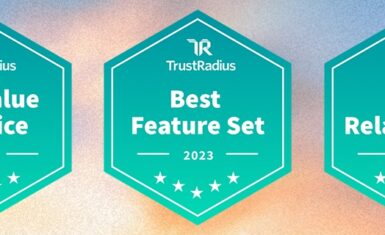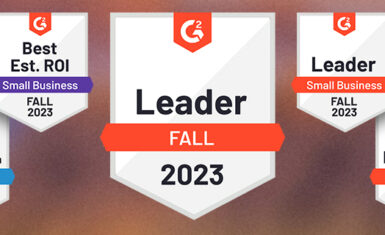My son and I are both neurodivergent. He’s eight and has dyslexia. I’m not eight, and I have ADHD. I was diagnosed as an adult, so we’re both learning to navigate a world that wasn’t set up for us.
He’s an exceptional gamer. Spare me the mom-shaming, please. Video games quite literally taught him how to read—and that’s no small feat given his neurodivergence. His attention span, problem-solving skills, patience, and tenacity all thrive when immersed in gaming. He creates maps in his brain, anticipating next steps and remembering what worked and didn’t work last time. It’s amazing to watch.
The issue
There’s just one problem: For his age, he’s so advanced at gaming that the platforms typically used by kids are no longer challenging enough for him.
To keep him challenged, we needed to move from his standard gaming console (a.k.a. his iPad) to a computer. This switch would not only allow him to play more advanced versions of his favorite games (and code them accordingly), but it would also allow him to play games that are only available on a computer. Including his favorite creepy game, Poppy Playtime. (If you haven’t been introduced, consider yourself lucky.)
We purchased a Mac Mini for him because I’m a pro with Apple products and I knew I’d be supervising his gaming. He immediately figured out how to start coding on the Mac. (Again, amazing to watch.) But then we realized that some of the most compelling games were only available on Windows. Whoops.
The solution
Lucky us, I happen to work for a company that makes a product that allows you to run Windows on a Mac! I downloaded and deployed Parallels Desktop to get him set up, and it was seamless. It literally could not have been simpler. Not only did he now have access to the games he wanted to play, but he was suddenly navigating a new OS like it was nothing. As he began toggling between MacOS and Windows with a click of his mouse, he didn’t even need my help.
The result? I now have an eight-year-old who is versed at both Mac and Windows (which is more than I can say for myself; I’m hopeless on Windows) and can use them in tandem. He’s switching between both independently, learning the ropes on his games and desktops. And since he’s new to both operating systems and isn’t native in either, he’s becoming simultaneously proficient in both. How many people can say that—let alone at his age? macOS and Windows-native: how cool is that?
Gaming aside, he now has the permanent skill of cross-platform proficiency, thanks to Parallels. And it feels a lot like speaking multiple languages as a child—once you know more than one, your neural pathways are teed up to be able to add additional languages more easily. I have no doubt that this dual proficiency will make him more able to take on whatever updates and platforms come next.
If you think it’s strange for a mom to be raving about her son’s time spent gaming, I challenge you to think about this through the eyes of someone who grew up thinking something was wrong with them. That they weren’t enough. That they were less than. That was me. I was constantly told to change fundamental things about me. I internalized that sense of inferiority and I’m still in the thick of untangling that damage. As a kid, I also found new worlds in computers that the real world couldn’t offer, so I fully understand his pull towards gaming.
Thanks to video games and tools like Parallels Desktop, my son is working with his neurodivergence. He’s embracing it, leaning into it, and leveraging his unique skills. He has made accommodations for things that are harder for him (reading) by infusing things that come easily for him (gaming). He’s developing a sense of capability and self-worth. The tactical skills are cool, but the self-worth is priceless.






